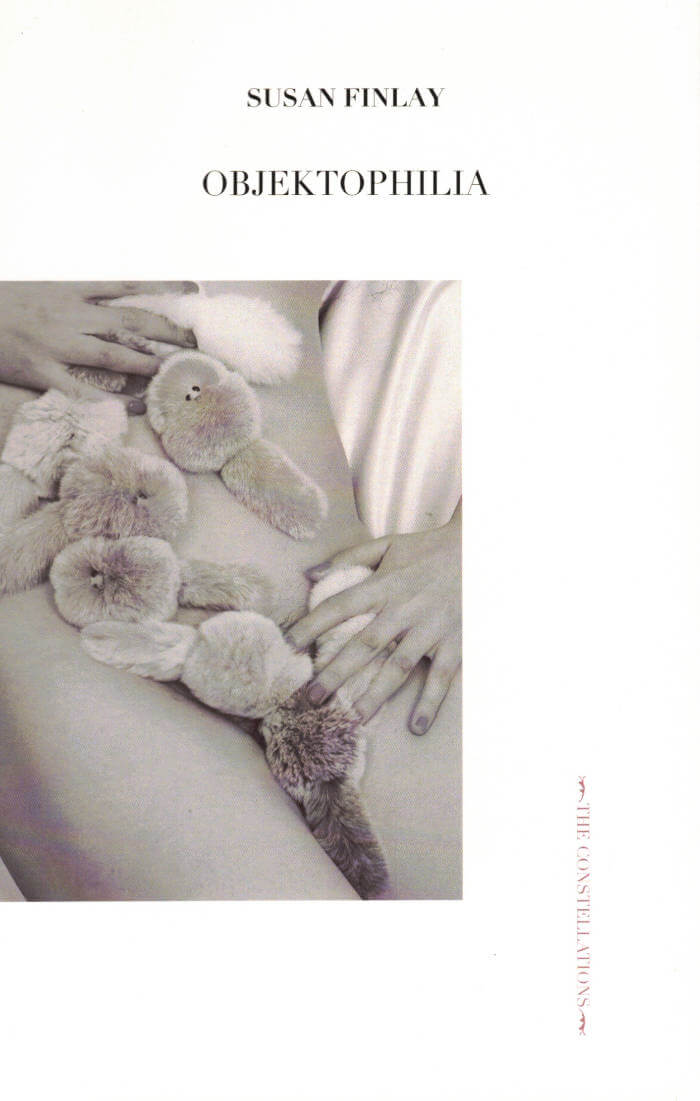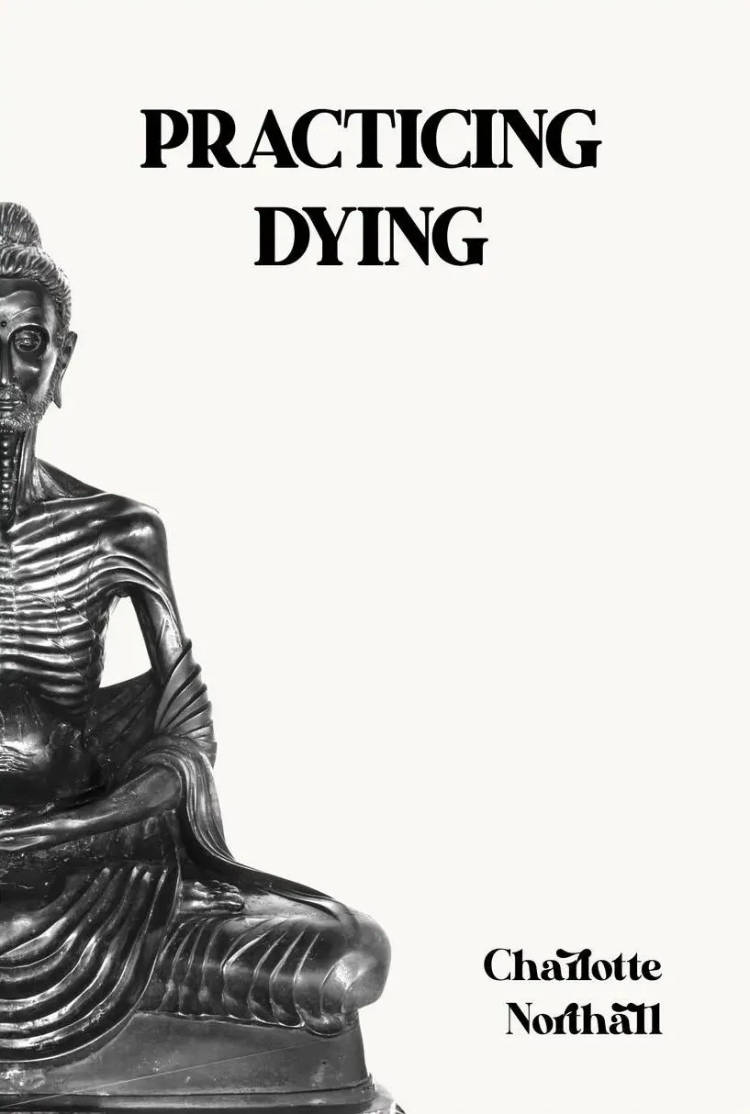
Objectophilia
Design classics, the dates of which ranged from the beginnings of the previous century to the start of the current one, were scattered throughout the room, their very definite shapes offset against the off-white, off-modern walls. I allowed my gaze to flit from one piece of furniture to the next, and as I mentally joined the dots between them I unwittingly re-wrote their history according to thematic as opposed to chronological concerns. I wondered if perhaps I were simply seeing my own flat ‘in the expanded field’, each element repositioned by some new and typically rabid curator eager to facilitate the production of their own dense texts...
Part metafiction, part design criticism, with a touch of armchair psychoanalysis, Objektophiliabegins in London in 2014, where a nameless design critic and her partner X reside in a decrepit but Grade II listed tower block. It ends some months later among the fin de siècle wonders of Vienna in an echo of the successive encounters of Schnitzler’s La Ronde. Possessed by the ruins of social housing and its accompanying ideologies, but nonetheless in possession of those ruins’ original brushed-steel light-fittings, the critic soon discovers that her craving for these and similarly ‘undemanding things’ has usurped her more conventional—or fleshly—desires.
‘Susan Finlay’s deft, subtle work examines the psychic texture of life through our relation to things... objects of all kinds, from Filet-O-Fish sandwiches to high art, Le Creuset cookware, bicycle baskets and purpose-built, modern flats. Objektophiliais witty and brisk and devastating all at the same time.’
–> Chris Kraus
Susan Finlay is a writer and artist. She is the author of three poetry pamphets: Indole, 2019, The Unruly Glove, the Green Bum and the Sickly Trickle(2018), and Sex and the City 2 (2017), and two previous novels: Our Lady of Everything(Serpent’s Tail, 2019), and Arriviste (Five Lines in the Sand, 2007). Most (but not all) of her work relates to psychoanalysis, magic, and the decorative arts. She lives in the UK and Berlin.







